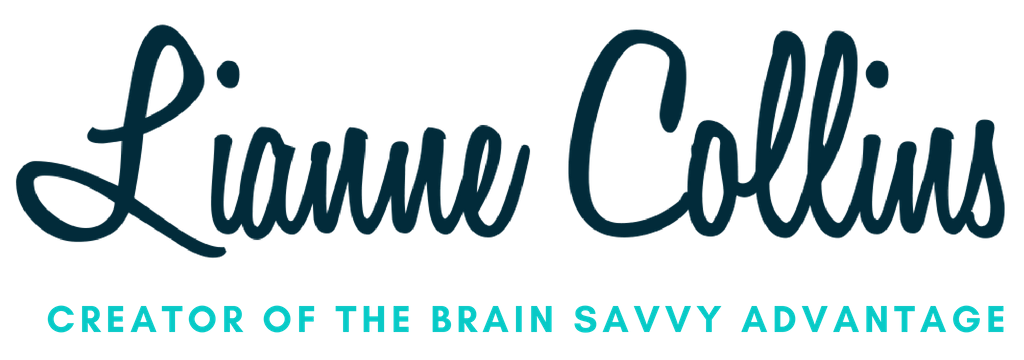Navigating Transformational Change is a Lot Like White Water Rafting
Neither experience is for the feint of heart. Both are filled with formidable challenges, surprises, shocks and great opportunities for learning and skill building. Both generate intense feelings and emotionally charged reactions and action. I have several takeaways from rafting experiences that may be relevant to navigating your transformative changes.
There is a great deal to consider before you throw on your life jacket, grab a paddle and hit the river. Each trip will be different depending on water levels, waves, currents, the speed and temperature of the water and where you are sitting on the raft.
Don’t expect slow moving water with a few small waves and riffles, easily navigable rapids and flat-water areas that allow you to take in the scenery and get out and swim or float.
Instead, anticipate and prepare for a white water roller coaster, towering and crashing waves, lengthy and gushing rapids that cause spinning and twisting, narrow passages with steep drops and no real spot to catch your breath.
If you are going to be successful you need to know the safest routes, the big danger spots to avoid and what to do when the unplanned or unexpected happens.
At the start of your journey you will need essential safety equipment - a helmet, a life preserver and a whistle. You will hope your protective clothing will keep you dry (it almost never does). You are likely to get cold, wet and tired.
You may get some general instructions and encouragement but it will never feel like enough information. You may start to wonder, why am I doing this? Which raft am I on? Is it the best raft? Who else is on the raft with me? Can I count on them? When are we getting started? What is the delay? Again, why am I doing this?Your learning curve will be steep and most of the learning will be experiential - real life, real time learning.
When you do hit the water, you may see some rafts going in different directions or not moving at all. But it won’t take long for the water to speed up and some very big rocks to suddenly become visible. The trip gets real when you hit the first patch of white water and you realize you can’t control the river or the raft – you can only control your paddle.
Some parts of the journey will feel treacherous. Some parts will feel invigorating and exhilarating. Some parts will be totally unpredictable and you might wish you were anywhere but on the raft.
Sometimes it will feel like you are in the eye of a big storm where seeing anything but the water is impossible. Capsizing is always a risk. When water sloshes over the side of the boat it will feel like you are in the river not on a raft. Your confidence and sense of competence can drop quickly.
You will likely experience some very real challenges - getting hung up on rocks or tangled in fallen tree roots or stuck in a narrow passage or losing a paddle. It can feel like permanent white water and a journey that goes on forever. You will definitely be on the water longer than you expected.
You may feel some people on your raft are not really working at all - just dragging their paddles. People (including you) could become tired and overwhelmed and stop communicating, cooperating and collaborating. You may find some people choose to jump off the raft. You may have to manage your own impulse to abandon ship. But stay in the boat – there could be hidden rocks or other obstacles beneath the water. If you do fall in, remember “nose, knees and toes to the sky”. Get back to the raft or the nearest riverbank as soon as possible.
And when you finally make it to shore you will have learned a great deal- mostly through your struggles and course corrections.. You may even wish for a “do- again’ now that you feel more capable. You will likely have changed your beliefs about what is possible. and you will definitely have your own powerful story to tell.
Lianne Collins,
Executive Masters in NeuroLeadership (EMNL)
NeuroLeadership Credentialed Coach, Consultant, Workshop and Retreat Facilitator
I leverage exciting discoveries, techniques and tools based on rock solid science to help leaders be their best, lead change and lead their teams through change, with the brain in mind.
Integrating powerful insights from neuroscience and performance research into my coaching, consulting and workshops, accelerates and amplifies the learning and results my clients achieve. I call this "The Brain Savvy Advantage".






